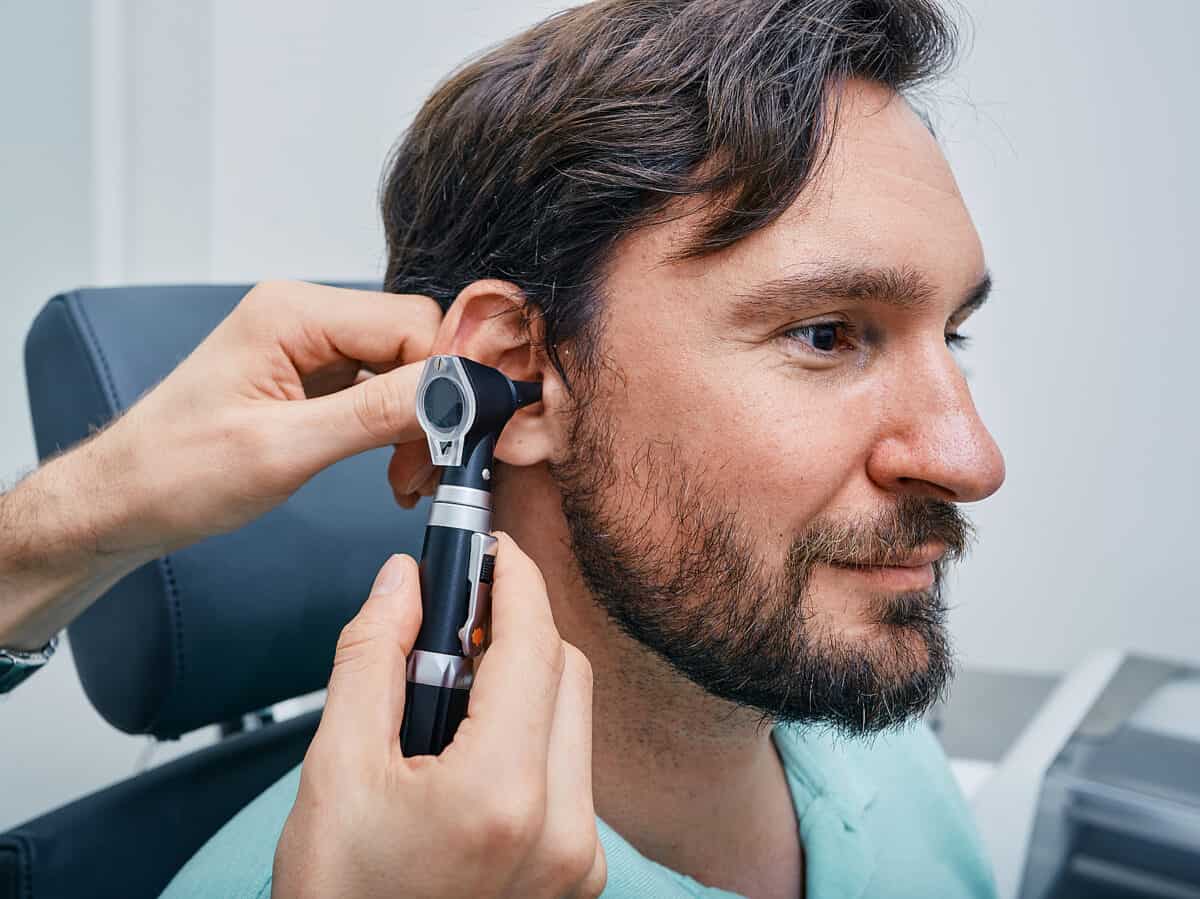- The Future of Hearing Health Research: Promising Breakthroughs - April 18, 2024
- Hearing Health in the Classroom: Strategies for Teachers and Students - April 6, 2024
- The Power of Bluetooth: A New Chapter in Hearing Aids - March 26, 2024
More than thirty million Americans live with hearing loss. The risk of hearing loss climbs with age, too, as one third of people over 65 have hearing loss. And while the negative impacts on health associated with untreated hearing loss varies, we know for certain that it takes a considerable toll on physical health. In fact, people with untreated hearing loss pay a much higher cost in medical expenses, due in part to increased falls and accidents.
How hearing loss works
Because aging itself is one reason people encounter hearing loss in life, age remains the greatest predictor for the condition. We are born with a finite number of inner ear cells that are integral to the hearing process. As we age, the health of these cells degrades. This is also true with excessive exposure to noise.
The inner ear cells are non-regenerative and so they do not repair themselves or reproduce. Instead, we simply have less of these cells. This contributes to hearing loss because their job is to collect noise from the world around you and turn it into sound information. As electrical impulses, this sound information is sent to the brain via the auditory nerve.
When our number of inner ear cells decrease, we are able to collect less than the full spectrum of sounds. We start to lose the ability to hear certain frequencies, which is why speech clarity is one of the earliest symptoms of hearing loss.
Symptoms of hearing loss
You may have noticed a loss of frequencies in your own hearing. It starts with feeling as though everyone is mumbling around you. You might ask people to repeat themselves more often. Sometimes the closed captioning function on the television becomes the only way you can discern dialogue on your favorite television shows.
When conversation becomes difficult, people often begin to isolate. Emotional and mental health suffers because connection is something that humans require. Life feels less vivid and relationships falter.
Increased risk of falls and accidents
But it isn’t just emotional and mental health at stake. People with untreated hearing loss experience a much higher rate of falls and accidents. The reasons for this go beyond speech clarity.
The physical machinery of our hearing system is closely intertwined with our balance system, in fact, they share a common nerve pathway to the brain. The auditory (sound) and vestibular (balance) systems work in partnership to deliver the experience of sound and movement. When healthy hearing becomes compromised, our balance becomes more vulnerable as well.
We use sound to locate us in space. It’s a mostly unconscious experience, as our brains use sound waves to orient our bodies in proximity to the world around us. Using sound differentiation between one ear and the other, we know how far away the noise of busy traffic is. It helps guide us to safety, so that we move away when a car horn blasts or when someone shouts at us to move.
Losing access to the sounds around us also opens us up to being surprised by sudden changes in our environment. We don’t hear the dog’s nails clicking as they trail behind us and can be startled and caught unawares when they suddenly jump up or change direction under our feet. We don’t hear family members announcing their arrival in our homes. We don’t hear the ladder shifting balance as we reach for an item on a high shelf.
And hearing loss itself makes our brains work harder than the brains of people who have healthy hearing. Referred to as listening fatigue, this function of hearing loss can be explained as if one is doing a puzzle without all of the pieces. It requires more processing work on the part of the brain to try and make a coherent picture out of less information. When our brains are fatigued, we have less cognitive energy to devote to something as simple as balance and spatial awareness.
All of these instances of precarious balance are made less safe when we don’t have access to auditory cues. And, because hearing loss can be a subtle process, we are often unaware that we are operating without a full pattern of information. We don’t realize how vulnerable our balance has become.
Treating hearing loss can help
While the hearing loss that comes with age is primarily irreversible, it’s a highly treatable condition. Hearing aids and cochlear implants have a long track record of proven success. They relieve the burden of listening so that the brain can work with more resources for other cognitive functions. They can restore a level of hearing so that you remain aware of the safety of environments around you. As sound information is restored to the auditory nerve, the vestibular function might find better balance.
Schedule a hearing consultation today to see if you are a good candidate for hearing aids or a cochlear implant. Together, we’ll find the best path toward healthier hearing and vibrant living.

